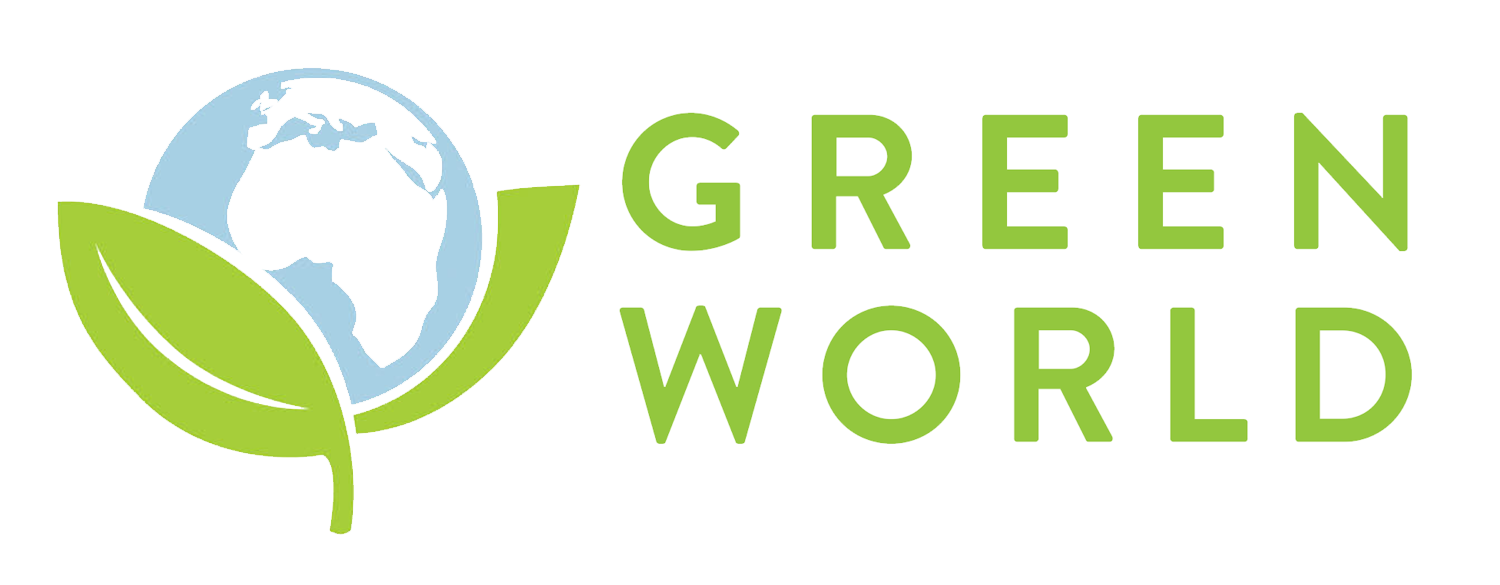Green Currencies
Miyani-Pesa is our second community currency being used to create sustainable environmental service funding.
Greenworld Campaign Kenya has been utilizing community currencies since it began. Our first program Eco-Pesa enabled community members to surpass impacts and tree planting numbers by over 5 times what was possible with Kenyan Shillings. Recently we have begun Miyani-Pesa which is continuously circulating into tree planting, community farming and myriad economic activity.
Eco-Pesa is a complementary currency program which multiplies the effects of donor funds by replacing aid-funding with a voucher that circulates in the community and incorporates local businesses into development programs. The Eco-Pesa begins with aid directed funding targeting community development, environmental rehabilitation and health programs. These funds are held as backing for printed vouchers. These vouchers flow from a local non-profit into donor the supported activities such as waste collection. The community members who take part in the activities receive Eco-Pesa and can then us it at community businesses. Businesses may then use it among each other and may also return a set amount each month for the original donor funds. From 2010-2011 GE's founders developed and implemented Eco-Pesa with their personal funds and assistance from Green World Campaign, accomplishing health and environmental aid objectives in Kongowea, a Kenyan slum. The project collecting 20 tonnes of trash and planting thousands of trees, through the introduction of a complementary currency with 75 local businesses, whose profits increased on average by 20%. The pilot program confirmed that health, environmental and economic issues could be addressed simultaneously and successfully through the introduction of a complementary currency. The program also provided an improved mechanism for tracking development funding and increasing overall accountability.
Miyani Pesa Our first cooperative maize milling factory has been set up as backing for a rural community currency which will start circulation in the following months. The factory mills local maize and issues vouchers for its flour. The vouchers are issued for environmental service work managed by Green World Campaign and as a mutual-credit to hundreds of local businesses, farmers, schools and clinics. The community has also set up their first local weekly market as a hub for trade. We're really excited about this first rural community currency!
The initial capital and effort to get the maize mill going came from our sponsors and the local community. The community currency is backed by the inventory of the maize mill as a last resort as well as the goods and services of the farmers, shops and schools in the area. We expect a community currency in rural areas like Miyani to fully circulate on a weekly basis. This is slower than in Urban areas because the circulation is focused on weekly markets and less on daily spending. We expect significant increases in local employment in the next year as well as incomes. Program management and growth in program is supported by the maize milling operation. As sales grow, there is reinvestment into the mill and the sales will grow to neighboring communities. This is a tool for the Miyani community to build is resilience over the next decade.
Environmental Service Credits: In addition to creating a credit that moves through the community, profits from cooperative businesses also support community currency as a reward for environmental services. In partnership with Grassroots Economics, we reward students who plant and tend to indigenous trees and also farming groups that promote water conservation and agroforesty. This creates not only a sustainable market economy, but also importantly a green one. Environmental services by Green World Campaign include agroforestry, environmental education and water catchment. Community members taking part in those services, like tree planting, can then use the vouchers in the community and the cycle continues.

